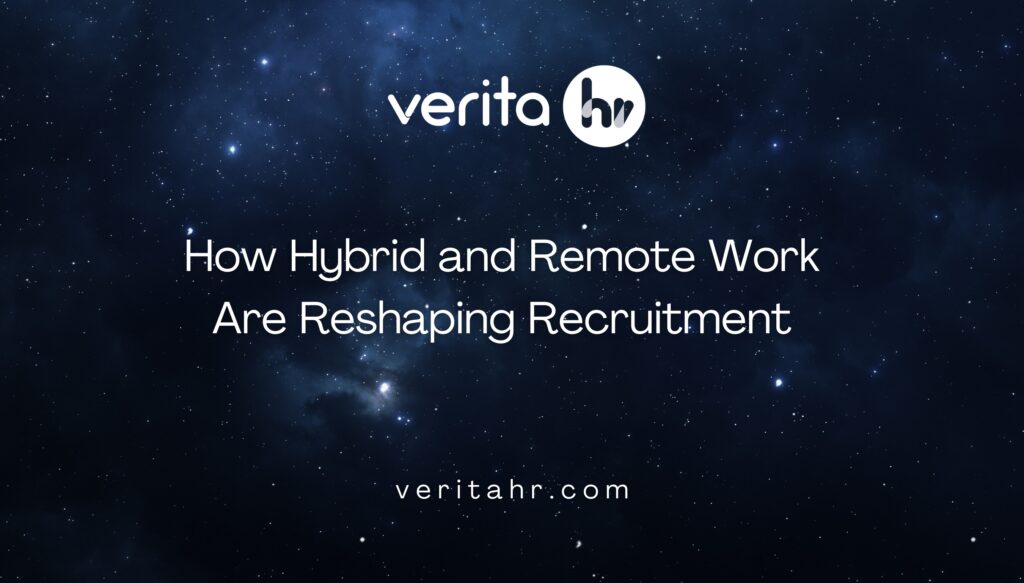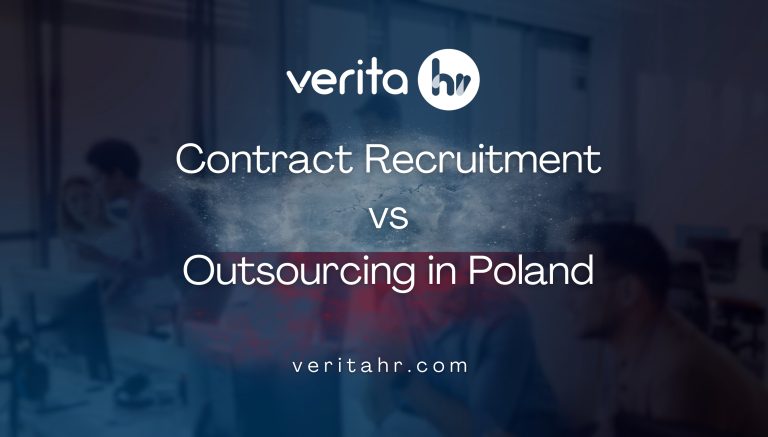The recruitment industry, like many others, has undergone a significant transformation over the past few years, largely driven by the global shift towards remote and hybrid working models. This transition was accelerated by the COVID-19 pandemic, which forced businesses to rethink their operations and adapt to new ways of working to ensure continuity. As the dust settles, it’s becoming clear that hybrid working and working from home (WFH) are not just temporary measures but are set to play a pivotal role in the future of work. This evolution presents both challenges and opportunities for the recruitment industry, reshaping how talent acquisition is approached, conducted, and optimized.
Hybrid Working
Hybrid working models blend in-office work with remote work, offering employees flexibility and the best of both worlds. For the recruitment industry, this shift means adapting to a new set of expectations from both candidates and employers. Candidates are increasingly seeking positions that offer flexibility in terms of location and hours, placing pressure on recruiters to source opportunities that meet these demands. Similarly, employers are looking to recruitment professionals to help them navigate this new landscape, attract talent that thrives in a hybrid environment, and advise on best practices for managing a dispersed workforce.
The WFH Revolution
Working from home, once a perk, has become a staple for many businesses. The WFH model offers employees the chance to eliminate commutes, balance personal and professional responsibilities more effectively, and work in a comfortable, personalized environment. For recruiters, this means a broader talent pool, as geographical constraints become less of a barrier. However, it also requires a more nuanced approach to assessing candidates, focusing not just on skills and experience but also on the ability to work independently, manage time effectively, and communicate well in a virtual setting.
It has also led to the concept of workation where recruitment influencers like Dominika Sepiol in Poland have made a career out of this and even written a book!
Challenges for Recruitment
Adapting to hybrid and WFH models comes with its set of challenges for the recruitment industry. One of the primary issues is the need to evaluate a candidate’s suitability for remote work. This involves assessing soft skills that were not as prominently considered before, such as self-motivation, communication, and digital literacy. Additionally, there’s the challenge of onboarding and integrating new hires into a company’s culture without the benefit of physical presence, which can impact team cohesion and the individual’s sense of belonging.
Opportunities
Despite these challenges, the shift towards more flexible working arrangements also opens up a plethora of opportunities for the recruitment industry. For instance, the ability to work from anywhere has expanded the talent pool from which companies can draw, allowing recruiters to source candidates from a wider geographical area. This not only increases the diversity of the talent pool but also helps companies find highly specialized skills that may be scarce in their immediate location.
Moreover, the rise of hybrid and WFH models has prompted many companies to invest in technology and digital tools to facilitate remote work, from communication platforms to project management tools. This technological push is creating new roles and opportunities within the tech sector, further expanding the recruitment market.
The Future of Recruitment
Looking ahead, the recruitment industry must continue to evolve and adapt to the changing landscape of work. This will likely involve embracing new technologies and methodologies for assessing candidates, such as virtual reality assessments and AI-driven screening tools. Recruiters will also need to become adept at advising companies on how to create attractive, flexible working environments that meet the expectations of today’s workforce.
Hybrid working and WFH have significantly impacted the recruitment industry, presenting both challenges and opportunities. By embracing flexibility, leveraging technology, and focusing on the human elements of recruitment, the industry can thrive in this new era of work. The future promises a more dynamic, inclusive, and global labor market, driven by the needs and expectations of a workforce that values flexibility, balance, and well-being above all.
How we do it at Verita HR
Our team at Verita HR consists of over 500 contractors and employees spread across Poland and the world. The best way to manage the hybrid working revolution at a recruitment partner like Verita HR is to mirror the way that clients work. If clients have a work from home policy then this needs to be supported. If our teams publish lots of information about work from home this may have a detrimental.
Many of the clients of Verita HR have a back to work policy. Some of our colleagues are in the office 5 days per week. And, as a recruitment partner to our clients, Verita HR has to support this approach too. This is something that our team strives to discuss and agree with clients individually. It’s all about increasing engagement and motivation of the teams.
What is the approach of your recruitment partner to the work from home revolution?
#Workfromhome #Hybridworking #BacktoWork #Revolution #FlexibleWorking #Workation #VeritaHR #RecruitmentPartner
See Also:
The Critical Role of UX/UI in Recruitment – Verita HR
Beyond Just Hiring: The Commitments Your Recruitment Partner Should Make to You – Verita HR
Why you must have a Candidate Recommendation Program – Verita HR






